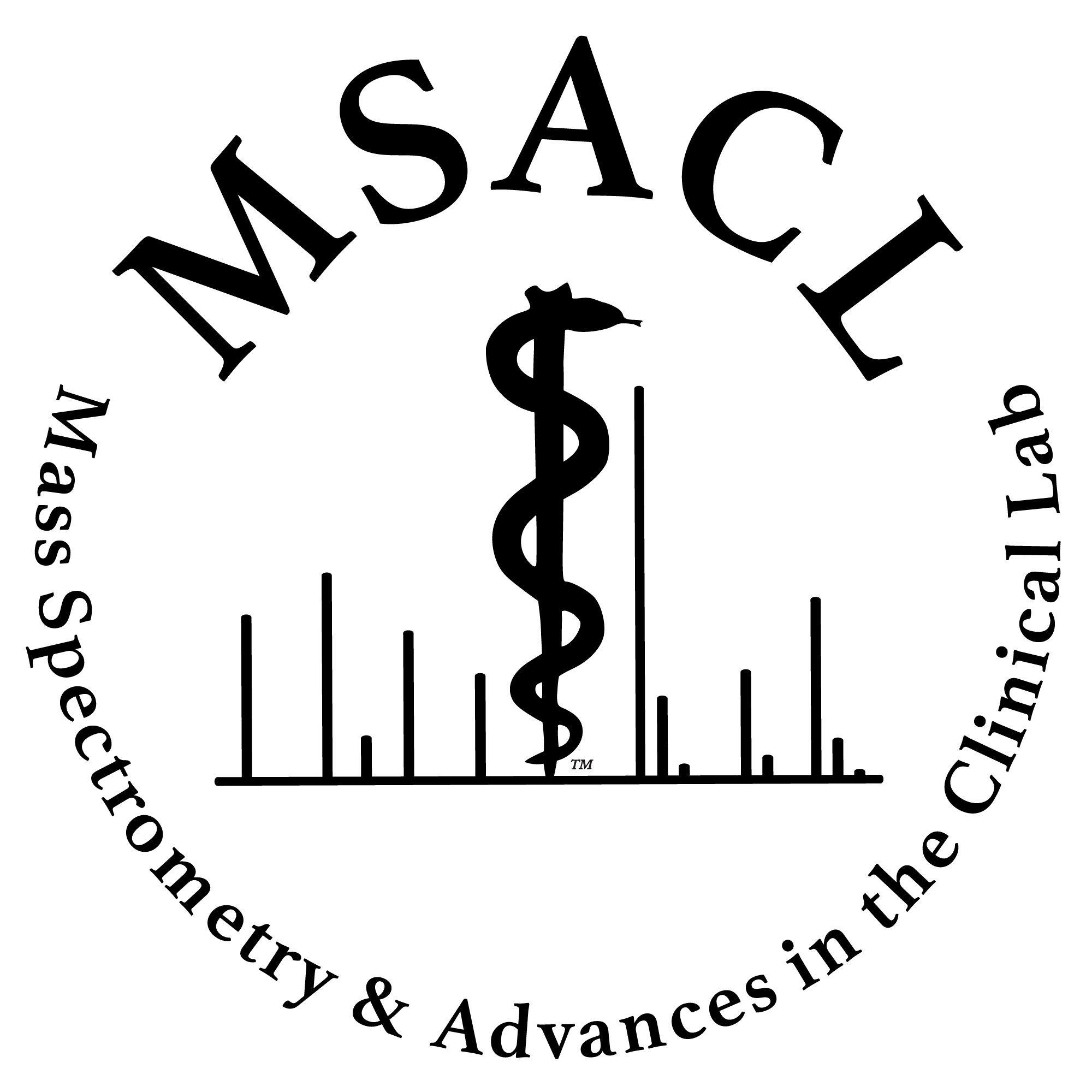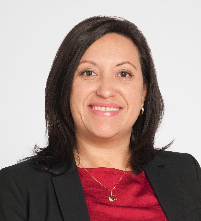MSACL 2023 Industry Workshop Presentation
*This Podium Presentation is occuring in the context of an Industry Workshop that starts at the time below.
Its actual start time may be up to 40 minutes later, depending on order of presentation if there are multiple presentations planned by the workshop host.
| Workshop Host: | Thermo Fisher Scientific |
| Day: | Wednesday April 5 |
| Time: | 7:00* |
| Location: | Steinbeck 1 |
|

|
|
No child lead behind: Development of a method for lead screening using dried blood spots
|

|
Jessica Colón-Franco, PhD
Cleveland Clinic Foundation
|
Presenter Bio: Dr Jessica M Colón-Franco is Section Head of Clinical Biochemistry and Director of the Special Chemistry Laboratory at Cleveland Clinic, and adjunct faculty at Cleveland State University in Cleveland, OH. In her current role, Jessica provides strategic, clinical and scientific direction to the clinical laboratories in the section. Previously, Jessica was Director of Chemistry, Toxicology and Point-of-Care at Wisconsin Diagnostic Laboratories and Associate Professor at the Medical College of Wisconsin in Milwaukee, WI. Jessica obtained her bachelor’s degree in industrial biotechnology from the University of Puerto Rico at Mayagüez, Puerto Rico and her doctorate degree in Biochemistry and Molecular Biology from the Mayo Graduate School, College of Medicine in Rochester, MN. She completed a fellowship in Clinical Chemistry at Vanderbilt University Medical Center in Nashville, TN. Jessica is a diplomate of the American Board of Clinical Chemistry, fellow of the AACC Academy and is a member of several laboratory medicine associations, where she has served in various committee roles. Jessica’s interests are focused on endocrinology, therapeutic drug monitoring and toxicology, and inflammatory biomarkers.
|
|
|
|
|
Summary There is no safe blood lead levels (BLL) in children and exposure is linked to neurological symptoms, behavioral disorders, and lower educational attainment. Despite the overall reduction in BLL in recent decades, thousands of children are exposed to lead annually, and racial and income disparities persist. In 2021, the CDC decreased the blood lead reference value (BLRV) to 3.5 ug/dL from 5.0 ug/dL, based on the 97.5th percentile of the most recent population-based survey among US children ages 1 to 5. BLL testing is required at 12 and 24 months of age for all Medicaid-enrolled children and those living in high prevalence areas.
However, only one-third of children who require screening receive it. Contributing to the screening gaps, lead screening declined by >50% during the COVID-19 pandemic and there have been recurrent recalls of the only lead point-of-care test available. Given the present focus on lower BLL, development of lead screening assays with adequate sensitivity, accuracy, and precision at BLL <3.5 ug/dL are desirable. To improve screening rates in our pediatric population, we developed an ICP-MS (Thermo Scientific™ iCAP™ RQ and iCAP™ TQ) screening method utilizing dried blood spot (DBS) with emphasis on the performance around the BLRV cut-offs. The advantages of DBS for lead screening include the low volume requirements, simplified collection and transport, and low cost. However, several challenges are associated with lead screening by DBS, which need to be considered to minimize any potential analytical and clinical impact.
|
|

